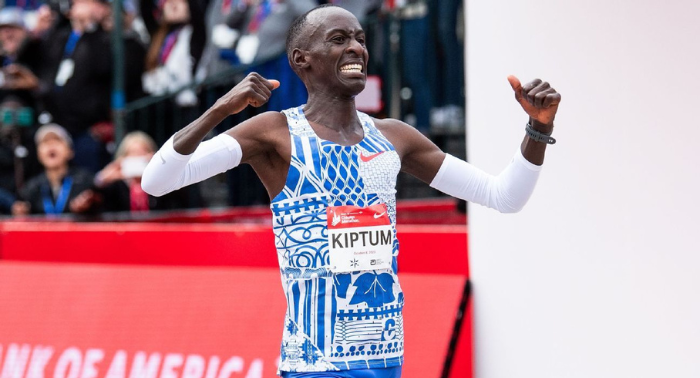Henry Kissinger, the influential former U.S. Secretary of State known for his pivotal role in shaping American foreign policy, particularly during the Vietnam War era and in opening relations with China, passed away on Wednesday. He was 100 years old at the time of his death, according to his consulting firm. The cause of his death was not specified.
Kissinger’s tenure in government was marked by his significant influence during the presidencies of Richard Nixon and Gerald Ford. He was a recipient of the Nobel Peace Prize and remained a controversial figure in global diplomacy for decades. His role expanded considerably during the Watergate scandal, as he took on responsibilities akin to a co-president alongside a beleaguered Nixon.
Born in Germany and having fled the Nazis as a teenager, Kissinger later emerged as a major statesman, frequently offering advice to leaders from both political parties and running a successful global consulting firm. His interactions with President Donald Trump’s White House and revelations from Nixon-era documents continued to spark debate over his legacy.
Kissinger’s strategies as national security adviser and later as secretary of state included pioneering shuttle diplomacy for Middle East peace and spearheading the thawing of relations between the United States and China. His role in the Paris peace negotiations led to the U.S.’s withdrawal from Vietnam, although Saigon’s subsequent fall to the communists remained a point of contention.
He also played a key role in détente with the Soviet Union, contributing to arms control agreements and easing Cold War tensions. Kissinger remained active in public life and global affairs well into his late 90s, including his book tour at age 99 and meeting with Chinese leader Xi Jinping in Beijing in July.
Kissinger faced criticism for his policies in Southeast Asia and for supporting authoritarian regimes in Latin America. Despite this, his contributions to foreign policy continued to be acknowledged by prominent figures. Former President George W. Bush and ex-New York City Mayor Michael Bloomberg were among those who paid tribute to him following his death.
Kissinger, a proponent of realpolitik, was often scrutinized for his pragmatic approach to diplomacy, which some critics viewed as at odds with democratic principles. He faced allegations of authorizing wiretaps and was criticized for the U.S. involvement in Cambodia in 1970, which some believe contributed to the rise of the Khmer Rouge.
Despite these controversies, Kissinger continued to defend his decisions and remained a central figure in discussions of international relations and diplomacy. He was born in Fuerth, Bavaria, in 1923 and immigrated to the United States with his family in 1938, settling in Manhattan. Kissinger is survived by his two children, Elizabeth and David, from his first marriage.




